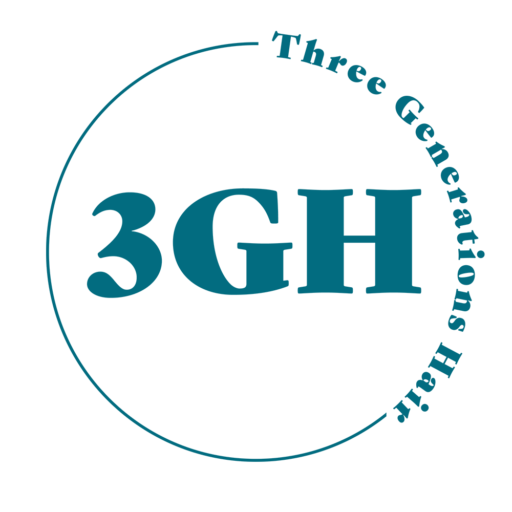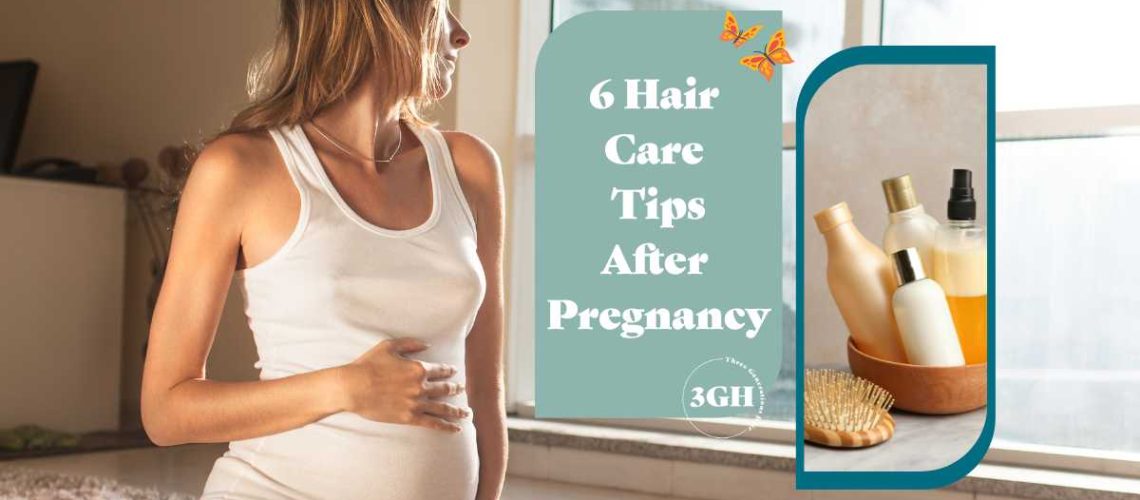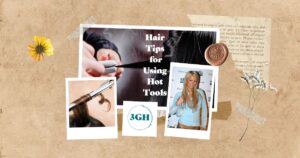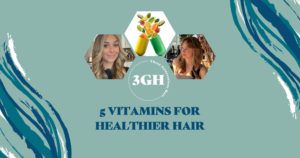6 Hair Care Tips After Pregnancy
Pregnancy is a time of immense change in a woman’s body, and one of the most visible changes can occur in the hair. During pregnancy, many women experience thicker, fuller hair due to hormonal changes. However, after giving birth, the sudden drop in hormone levels can lead to significant hair loss, which can be alarming for new mothers. In addition to hair loss, some women may also experience dryness, brittleness, or dullness in their hair. These changes can be frustrating, but with the right hair care routine, you can help restore your hair’s health and beauty.
Here are 6 hair care tips after pregnancy:
Pregnancy is a time of immense change in a woman’s body, and one of the most visible changes can occur in the hair. During pregnancy, many women experience thicker, fuller hair due to hormonal changes. However, after giving birth, the sudden drop in hormone levels can lead to significant hair loss, which can be alarming for new mothers. In addition to hair loss, some women may also experience dryness, brittleness, or dullness in their hair. These changes can be frustrating, but with the right hair care routine, you can help restore your hair’s health and beauty.
1. Be Gentle
After giving birth, your body is still recovering, and your hair may be more fragile than usual. To prevent further damage or hair loss, it’s essential to be gentle when handling your hair. Avoid tight hairstyles that pull on your hair, and use a wide-toothed comb to detangle your hair gently. It’s also important to avoid harsh chemical treatments, such as coloring or perming, and to minimize heat styling. If you must use heat styling tools, use a heat protectant spray to minimize damage.
2. Use a Mild Shampoo
Choosing the right shampoo is essential for hair care after pregnancy. Look for a mild, sulfate-free shampoo that won’t strip your hair of its natural oils. Sulfates are harsh detergents that can be found in many commercial shampoos, and they can further dry out your hair and scalp. Instead, opt for a gentle, moisturizing shampoo that contains natural oils, such as coconut oil or argan oil. These oils can help hydrate and nourish your hair, making it softer and more manageable.
3. Condition Your Hair
Conditioning your hair regularly is also essential for hair care after pregnancy. Look for a deep-conditioning treatment that contains natural oils and proteins, such as avocado oil, shea butter, or keratin. These ingredients can help repair and strengthen your hair, making it less prone to breakage and split ends. Apply the conditioner to your hair after shampooing, and leave it on for a few minutes before rinsing it out thoroughly.
4. Eat a Healthy Diet
What you eat can also have a significant impact on your hair’s health and growth after pregnancy. Eating a diet rich in vitamins and minerals can help support healthy hair growth and prevent further hair loss. Make sure to eat plenty of protein, which is essential for hair health, as well as fruits and vegetables, which provide important vitamins and minerals. Foods rich in biotin, such as eggs, nuts, and whole grains, can also help strengthen your hair and prevent hair loss. Additionally, drinking plenty of water can help keep your hair hydrated and healthy.
5. Consider Supplements
In addition to a healthy diet, some women may benefit from taking supplements to support hair health after pregnancy. Biotin supplements, for example, are a popular choice for women experiencing hair loss or thinning. Biotin is a B vitamin that helps strengthen hair and nails and can promote healthy hair growth. Other supplements that may be beneficial for hair health include vitamin D, iron, and omega-3 fatty acids. However, before taking any supplements, it’s essential to consult with your doctor to ensure they are safe for you and won’t interfere with any medications you may be taking. Check out our blog about 5 Vitamins For Healthier Hair!
6. Consult with a Professional
If you’re experiencing significant hair loss or other hair-related issues after pregnancy, it may be helpful to consult with a professional hair stylist or dermatologist. They can provide advice on the best hair care products and treatments for your hair type and condition, as well as recommend other treatments, such as hair masks or scalp treatments, to promote healthy hair.
Check out this awesome blog – Postpartum Symptoms not Everyone Talks About





3 Responses
Great tips, nutrition and managing stress are great ways to help with healthy hair. Also useful to have suggestions for quality products. Thank you for sharing!
Great tips, after pregnancy need some body care and these are helpful.
Things change so much for most women postpartum! Great tips.